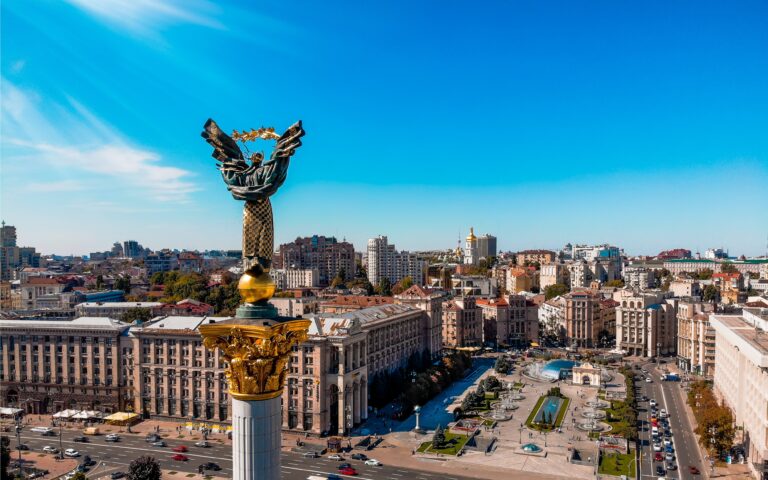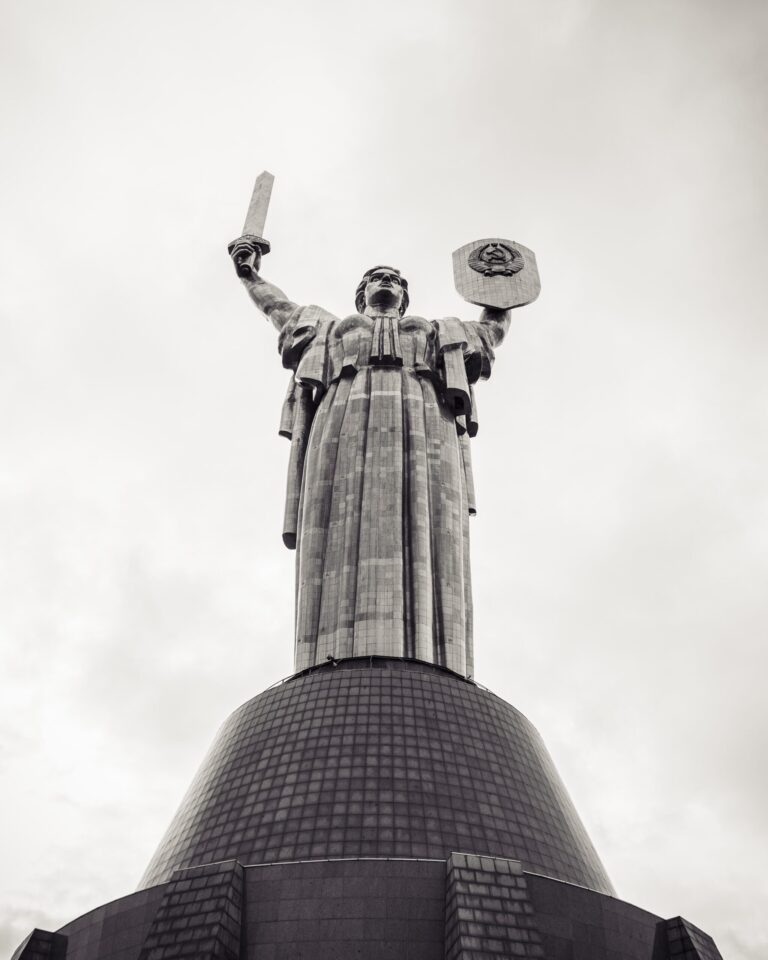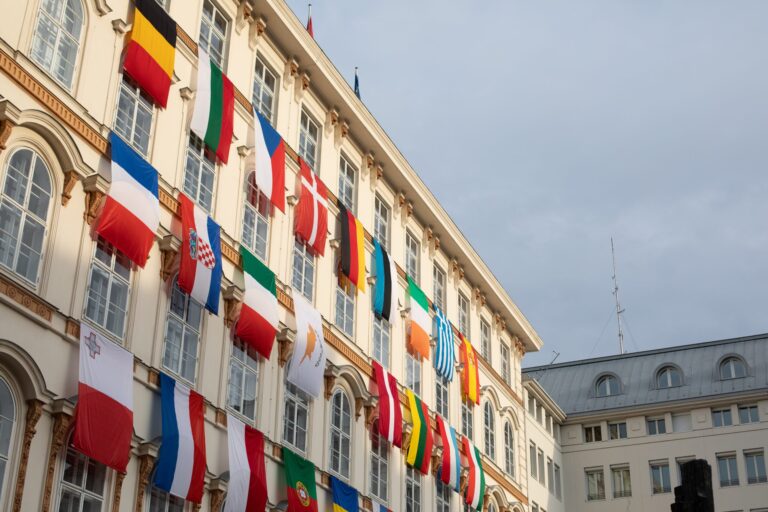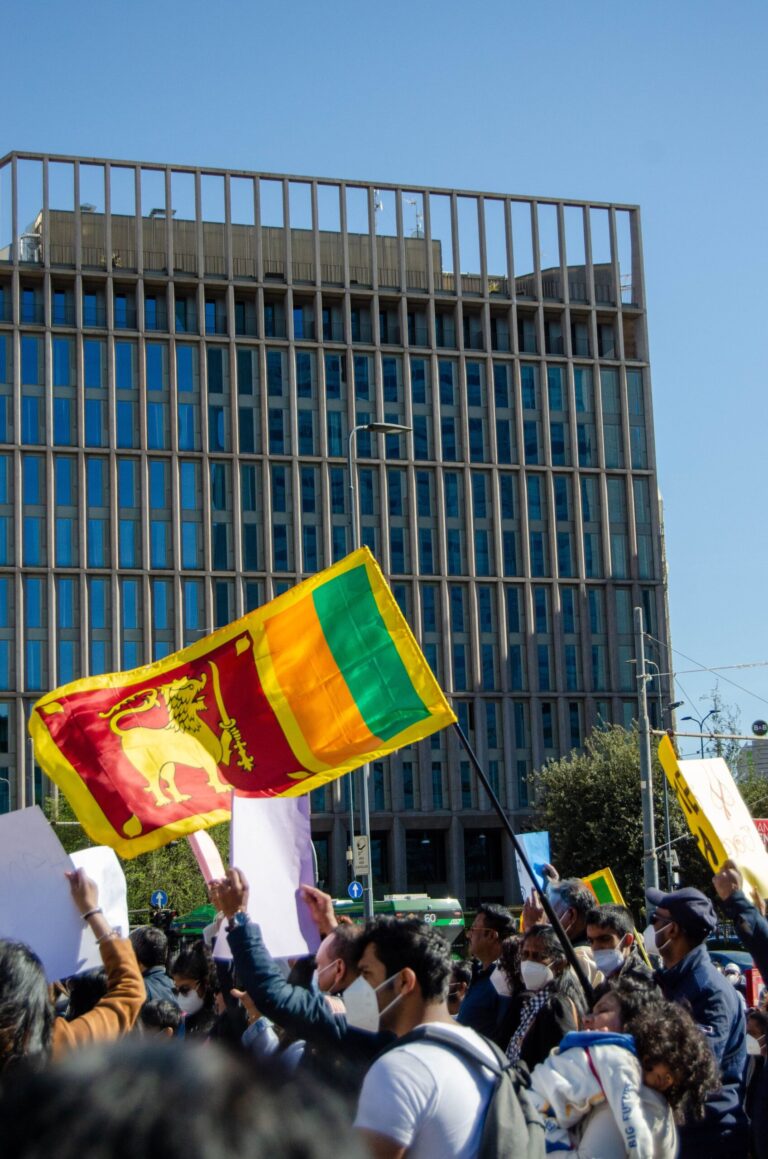What the ‘Neutralization’ of Ukraine would actually mean
Debates about “Ukrainian neutrality” to end the war with Russia are picking up steam in the US. After many calls from international academics, last week, a former Assistant Secretary of State, A. Wess Mitchell, published a call for Ukrainian “fortified neutrality” in Foreign Affairs—the medium where George Kennan published his famous “Article X,” in 1947.










